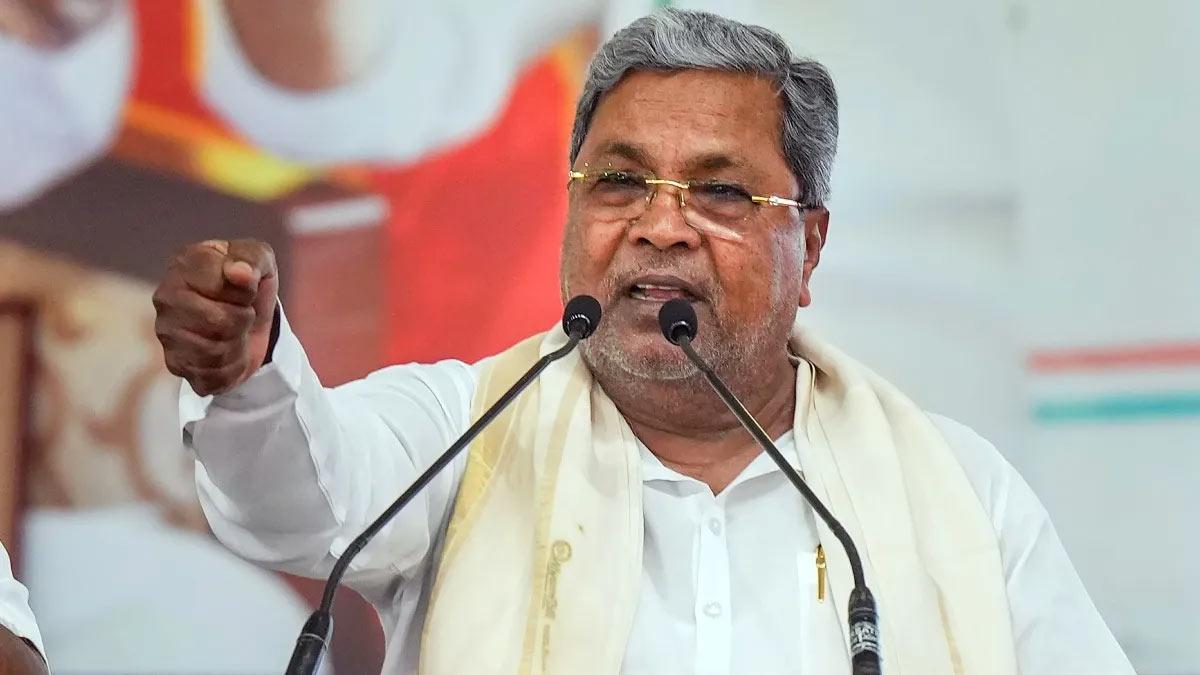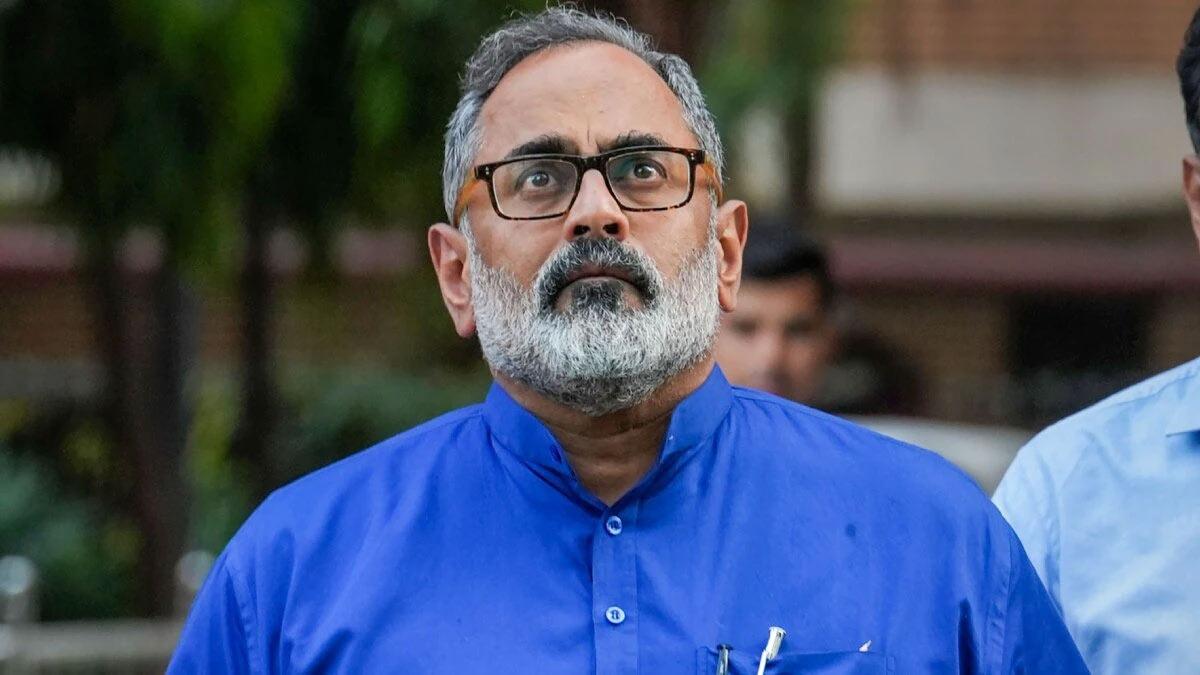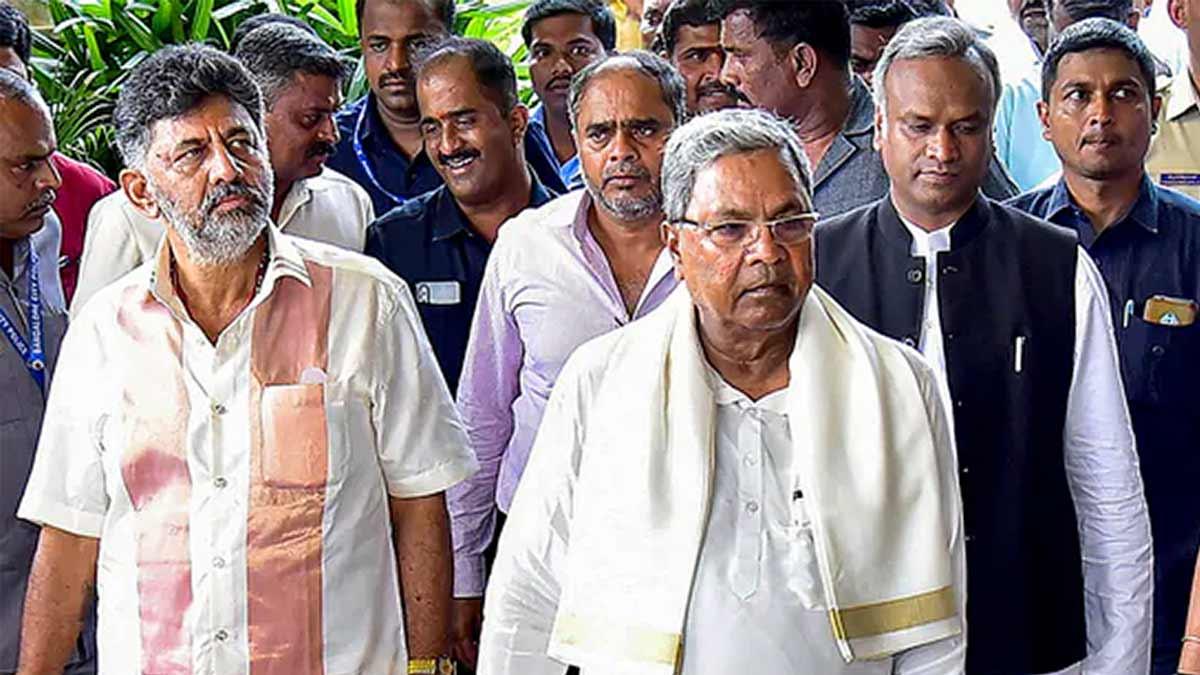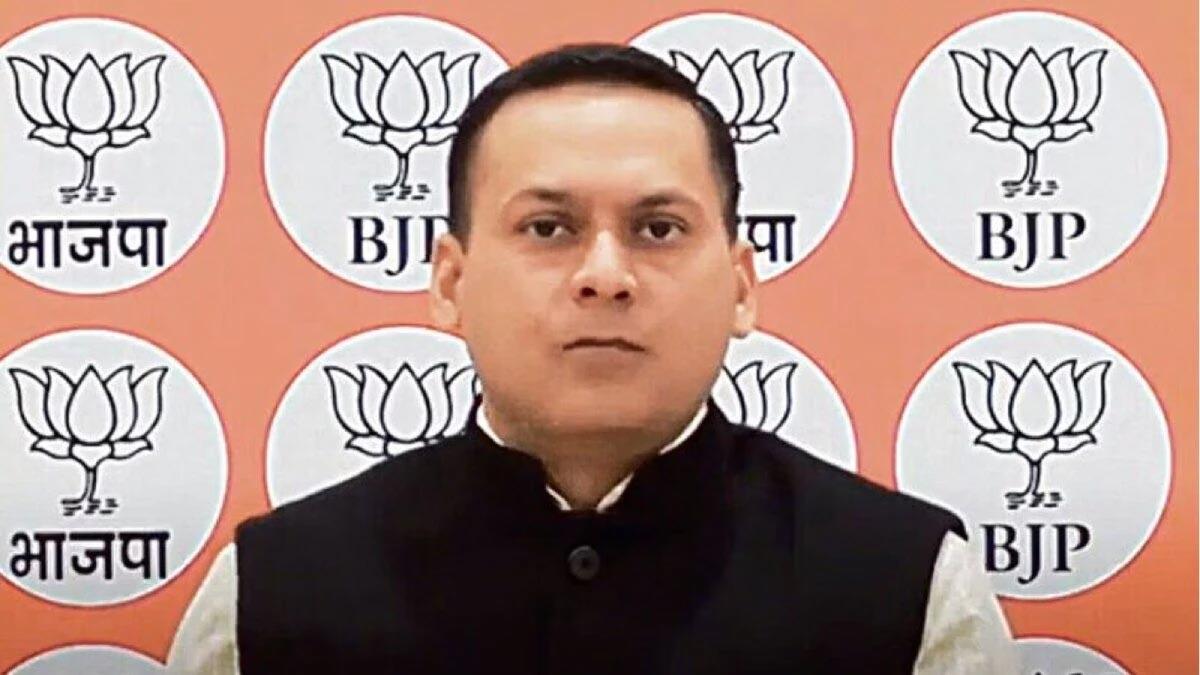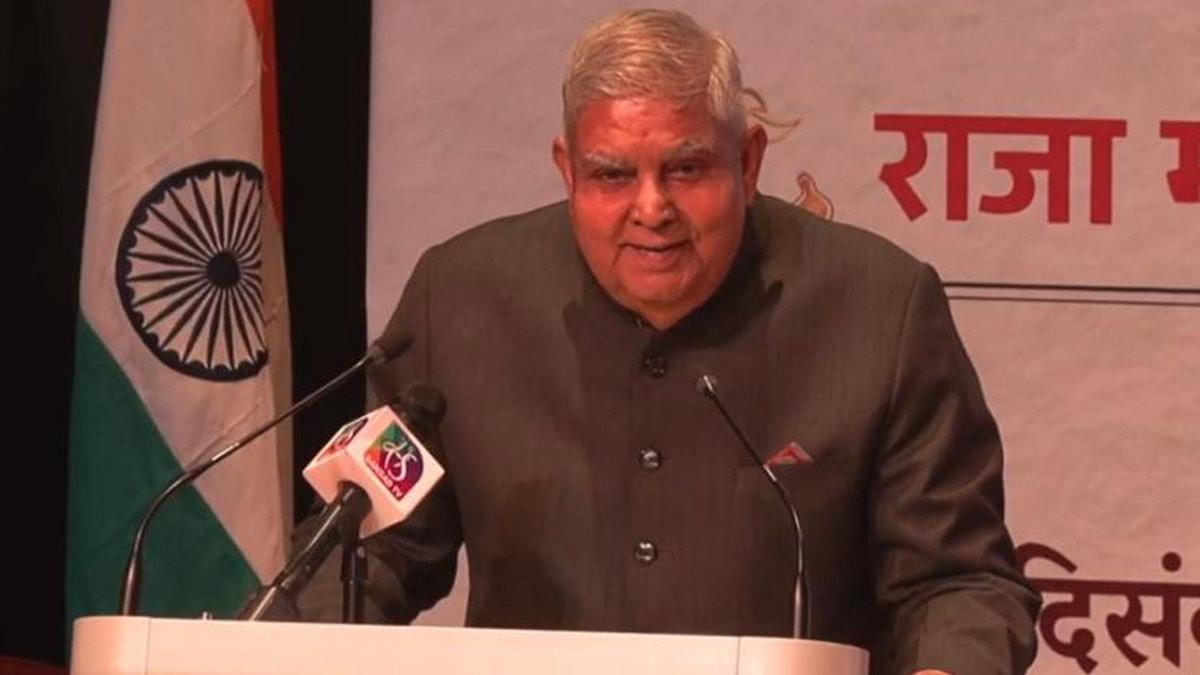The Karnataka Congress-led government indicated on Thursday, 17 April, that it might go to the Supreme Court after Governor Thaawarchand Gehlot sent the controversial Muslim Quota Bill to the President for assent.
The Karnataka Transparency in Public Procurement (Amendment) Bill, 2025 — which proposes a 4 percent reservation for Muslims in the distribution of municipal contracts — has been withheld by the governor on the grounds of its constitutionality and referred to President Droupadi Murmu for her approval.
Responding to this action, Chief Minister Siddaramaiah's lawyer and party MLA A.S. Ponnanna stated, "This isn't an isolated incident. The honourable governor of Karnataka is acting much like his counterparts in Tamil Nadu, Kerala, and West Bengal."
He further stated, "In BJP non-ruled states, the BJP seems to be using the governor's office as a weapon. This creates a perilous precedent. Even after the Supreme Court's ruling in Tamil Nadu's case, our governor's actions are unacceptable. We have no choice but to go to the Supreme Court on this issue."
Ponnanna's remark comes in the wake of the Supreme Court's historic ruling on 12 April, which directed time-bound action by governors and the President on legislations cleared by state assemblies. The verdict arose out of Tamil Nadu's case against Governor R.N. Ravi, who kept pending his assent for ten years on ten bills sending them to the President, who also did not grant her assent.
In a first in history, the Supreme Court order resulted in a law being passed without a governor's sanction.
Commenting on the matter, Karnataka Minister for Medical Education Sharan Prakash Patil said, "The Supreme Court has given a deadline; even the President has to reply within three months. We are observing the developments closely."
The action of the governor was called politically motivated by Congress legislator Rizwan Arshad. "This is a political game. The governor is acting like a BJP agent. There is no reservation on the grounds of religion in the Constitution. The 4 percent quota has been given under Category 2A of the Backward Classes Commission, not on grounds of religion," he clarified.
Earlier, the governor had informed the state government that extending reservations on religious grounds would go against Articles 14, 15, and 16 of the Constitution, which provide for equality before the law, prohibit discrimination, and provide for equal opportunity in public employment.
He also referred to earlier judgments of the Supreme Court that support this reading.
Previous to this, the Karnataka Congress government had faced criticism from Prime Minister Narendra Modi, who accused them of bringing religion-based quotas in public tenders. According to him, this was equal to denying Scheduled Castes (SCs), Scheduled Tribes (STs), and Other Backward Classes (OBCs) their equal opportunities.
PM Modi also claimed that such efforts go against the vision of B. R. Ambedkar, who was the main framer of the Indian Constitution.
At the same time, there have been sharp dissents within the BJP and other party allies against the recent Supreme Court verdict, with Vice-President and Rajya Sabha Chairman Jagdeep Dhankhar joining in the criticism of the judiciary for going beyond its role and acting as a "super Parliament."
Read also| Mayawati Slams SP for 'Exploiting Dalit Leaders' Amid Rana Sangha Controversy
Read also| Robert Vadra Asserts 'Truth Will Prevail' Amid ED Questioning

